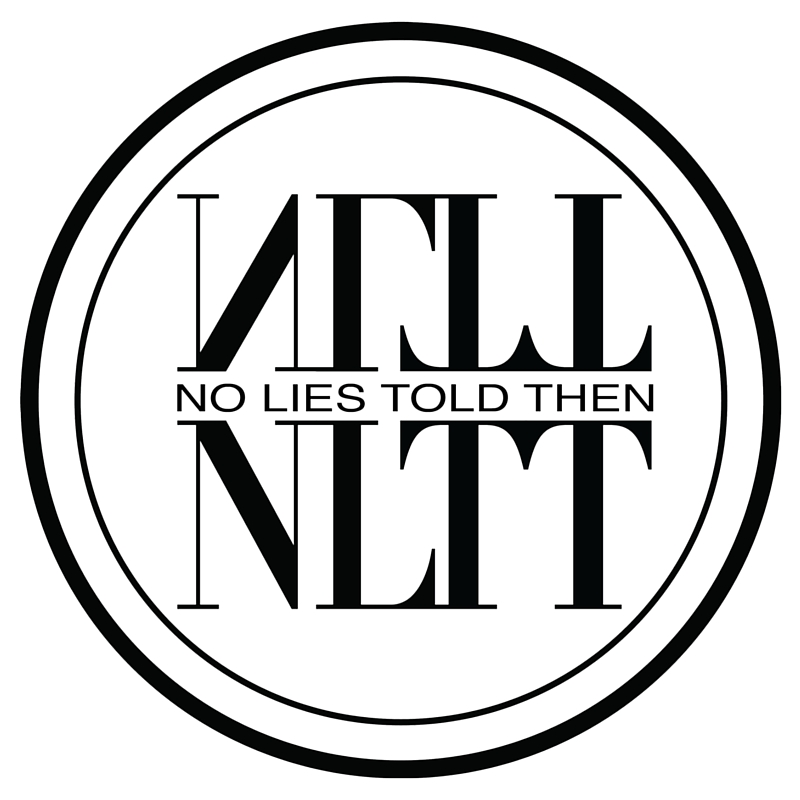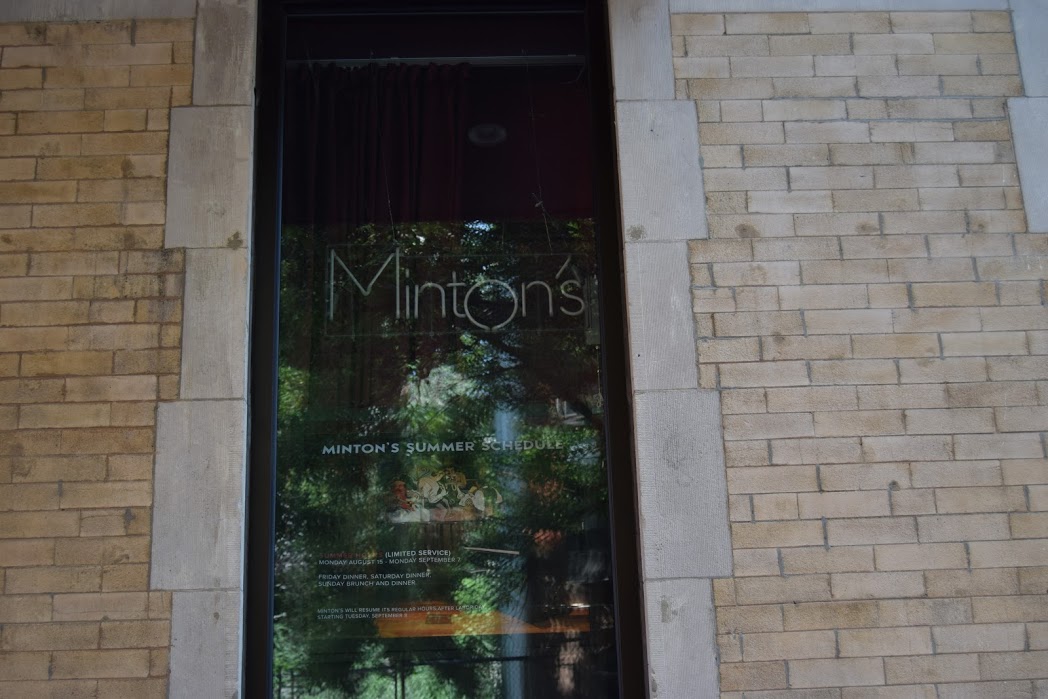The Seeds that Planted No Lies Told Then
As an African-American woman, I knew it wouldn't be easy for me to achieve my goal of becoming a produced screenwriter. Let’s be honest, an African-American female protagonist who is not a mammy, Jezebel, crack head, angry, ratchet, or “magical” is a rare sight. More often than not, black women onscreen are reduced to two-dimensional caricatures who bear little resemblance to the marvelously complex, extraordinary women I am blessed to call my “sisters”.
The journey, I think, is more difficult because of my refusal to write inside a box. While I have always been up for any and every challenge, I never imagined how difficult realizing my dream would be. Emotionally, every “no” was a condemnation of me. I wasn’t good enough. I wasn’t talented enough. When managers responded with feedback like, “Boy, you can write,” or “Great dialogue,” I never fully embraced their words of encouragement. All I saw was their rejection and the words after the “but…”. It slowly chipped away at my confidence until I began to wonder if I was meant to be a writer after all.
Several years ago, I wrote the first draft of a script, “No Lies Told Then,” and I thought it would be my first screenwriting credit. After letting a director friend read an early draft and feeding off of each other’s excitement, we decided to make it together, bucking the Hollywood system altogether. We knew we had something special, but we were so young and naive, we had no idea what we were doing.
We decided casting should come first, so we hired an experienced casting director and gave her a wish list of actors. One by one we heard the refrain, “Without funding, we won't look at it.” Funders said, “Without attachments, we won't look at it.” Our wide-eyed innocence was soon replaced with the cold, hard reality of this cruel business and the project faded into the background of our lives.
Over the years, that script, those characters, particularly the protagonist, “Sandra," haunted me. She was an incredible woman whose story deserved to be told. I found myself going back to it again and again, tinkering with dialogue, re-writing scenes, trying to pinpoint why certain parts just weren’t working. Although I was writing other things, it was “No Lies Told Then” that grabbed hold of me and refused to let me go.
Then, something happened. Maybe I matured, which is doubtful. Maybe I started thinking about my own mortality and questioned whether I was truly living, which is probably a bit closer to the truth. Or maybe I was just at that crossroads in my life when I knew I had to do something with my talent, or risk becoming one of those people who spoke wistfully about what could have been. I think the most likely scenario is a combination of all three, along with the fact that I’d reached a point in my life where I literally had everything I needed, except a career as a writer. As full as my life appeared, I was empty.
Life’s road is winding and littered with obstacles and opportunities, and sometimes when you are at your lowest, fate steps in. Quite by accident, my paths crossed with a director who loved the same films as I, with such vision, watching his work is akin to watching poetry brought to life. During one of our early conversations, he shared with me the story of his professor who told him he’d never be an auteur. He suggested my friend would be better off adapting the works of others, rather than trying to write something original to direct. For my part, I’ve always wanted to be a director, but I know I lack the skill and vision at this point in my life. It was as though some greater force wanted us to meet to fill each other’s creative void.
I decided to share my script and the story resonated with him the way it resonated with me. We spent three years reading every scene aloud, analyzing its purpose, asking ourselves tough questions and I would go home to write. It was his process, one I absolutely loathed because I prefer e-mails and notes, not sitting in a coffee shop reading to each other.
Over the course of our time working together, I began to understand the meaning of collaboration. As I writer, I sit hunched over my computer creating a skeleton. When he and I began working together, we added muscle, tendons, veins and skin; those layers that I couldn’t necessarily see when I worked alone. With an actor, in the ideal experience, we’ll work together to give the character the heartbeat, the breath, the soul.
Here we are, nearly four years later, passionately pursuing the dream. “No Lies Told Then” after countless rewrites and feedback, is finally the story “Sandra” always wanted to tell. I am no longer plagued by that gnawing sensation in the back of my mind that “something just isn’t right”.
It is only the beginning of the journey. While there will be many more bumps and vats of tears as we chase money and await word from the actress we want to play our lead, this story will have a happy ending. Had it not been for the trials that I'd endured, from the false starts with this project and others, had it not been for the rejection that came often by “experts” who said this could not be done, I would not have had the steely spine required to fulfill my purpose. Each “no” gave me strength; each “I can't sell it” was fuel to the raging fire. Just as “Sandra” is the fully realized human being of a character I always envisioned, there’s a hungry audience out there just waiting to see someone onscreen who doesn’t only look like them, but is them.












